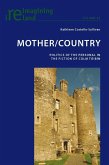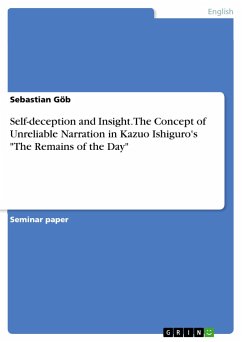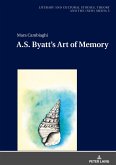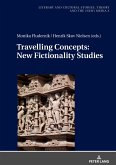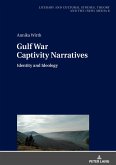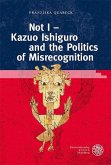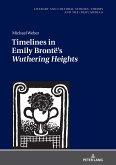Since the late 1990s unreliable narration has garnered popularity in narrative theory and has sparked a lively debate among scholars. This book traces the theoretical discussions surrounding narrative unreliability and examines the relationship of unreliable narration to antimimetic techniques of portraying self-deception. Standing on the border between classical and postclassical narratology, the study analyses Kazuo Ishiguro's and Max Frisch's innovative narrative strategies, offering new perspectives on their oeuvre and on unreliable narration as a narratological concept. A comparison of the methods Ishiguro and Frisch employ to explore the psychology of their narrators reveals a fascinating parallel in their development as novelists.
Bitte wählen Sie Ihr Anliegen aus.
Rechnungen
Retourenschein anfordern
Bestellstatus
Storno


